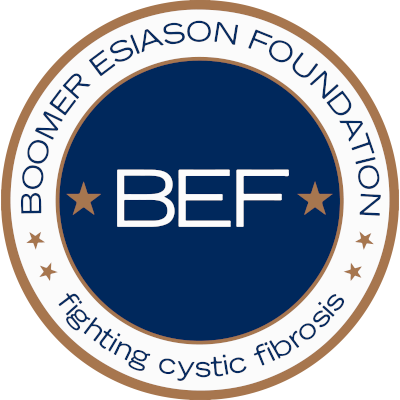Findings of new study led by Martina Gentzsch, PhD, at the University of North Carolina School of Medicine and the UNC Marsico Lung Institute in Chapel Hill, N.C. could help drug developers improve compounds designed to correct CFTR proteins in cystic fibrosis (CF) patients. In lab experiments using tissue samples cultured from cystic fibrosis patients, UNC Dr. Gentzsch and her team of scientists have demonstrated that a new CF drug counteracts the intended beneficial molecular effect of another CF drug.
The finding, published in the journal Science Translational Medicine, shows how a mutant CFTR protein becomes unstable and loses its ability to function properly when in the presence of the two drugs. The research offers several insights into how novel CF pharmacotherapies could be improved.
The Science Translational Medicine study, entitled “Potentiator ivacaftor abrogates pharmacological correction of F508 CFTR in cystic fibrosis,” (Sci Transl Med 23 July 2014: Vol. 6, Issue 246, p. 246ra96 DOI: 10.1126/scitranslmed.3008680) is coauthored by Dr. Martina Gentzsch; Research Assistants Deborah M. Cholon, Nancy L. Quinney and M. Leslie Fulcher; UNC postdoctoral fellow Jhuma Das, PhD; Charles R. Esther Jr. MD, PhD; Nikolay Dokholyan, PhD, the Michael Hooker Distinguished Professor of Biochemistry and Biophysics; Scott H. Randell, PhD, Associate Professor of Cell Biology and Physiology; and Richard Boucher, MD, the Director of the UNC Marsico Lung Institute and the James C. Moeser Eminent Distinguished Professor of Medicine, and Richard C. Boucher; variously of the University of North Carolina Marsico Lung Institute/Cystic Fibrosis Research Center; Division of Pediatric Pulmonology, Department of Pediatrics; Department of Biochemistry and Biophysics; Department of Medicine; and Department of Cell Biology.
